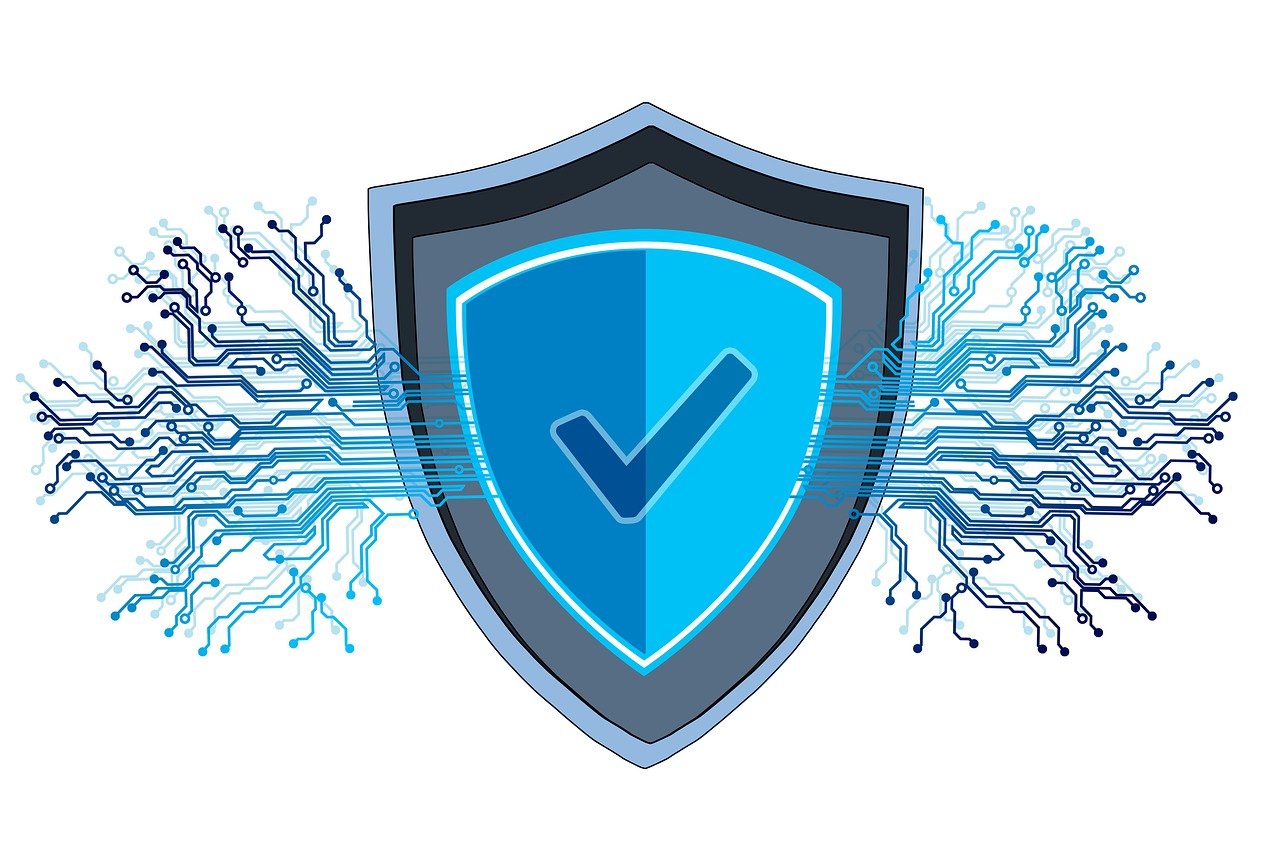The Importance of Network Security & Protecting Business Data

Network security is a vital barrier that keeps your business’s data safe from the constant dangers by cybercrime. Hackers’ tactics for breaking into your network and stealing personal data grow with technology. Modern companies heavily depend on the internet and computer networks to conduct their daily operations. Whether you’re a growing startup or a well-established multinational corporation, it’s vital to prioritize protecting your business data.
Read on to understand the critical importance of network security in safeguarding your business data.
Challenges in the Digital Era
With the evolution of digital trends, companies rely extensively on data-driven technologies to stay competitive. While this digital transformation offers various advantages, it also exposes businesses to unprecedented risks. The interconnected nature of the internet allows for swift information exchange but also introduces vulnerabilities to cyber threats.
The Evolving Threat Landscape
As technology advances, cybercriminals devise new and sophisticated methods to compromise network security. They target organizations of all sizes and industries, so no one is safe from threats. A data breach can have severe consequences for small and giant enterprises. The loss of confidential customer data, damage to the businesses brand, and monetary consequences could result from such an event.

Understanding Network Security
Network security involves creating policies and implementing practices meticulously designed to protect the integrity, confidentiality, and accessibility of your data and resources within a network. The main goal is protecting your network from unauthorized access, cyberattacks, and data breaches.
Role of Network Security in Data Safety
Network security is critical for all businesses because it safeguards their most important asset—data. Data must be protected from theft, corruption, and illegal access since it is utilized for everything from consumer information storage to business decision-making.
Let’s explore the reasons why network security is essential.
Protecting Sensitive Information
A data breach can impact your company and erode the trust of your customers and partners. One of the critical roles of network security is to safeguard sensitive data from any form of intrusion. This data contains client information, financial records, private research, and other items.
Ensuring Business Continuity
Network security extends beyond merely preventing attacks; it also involves readiness for worst-case scenarios. Cyberattacks can affect business operations, resulting in significant financial setbacks. Network security measures aim to guarantee business continuity by implementing backup systems and preparedness plans, even in the presence of potential threats.
Compliance with Regulations
Many industries have strict regulations governing data protection. Severe penalties and damage to your company’s reputation may arise from noncompliance. Network security is critical in ensuring that your company’s reputation may arise from noncompliance. Network security is critical in ensuring that your company complies with these requirements, preventing you from legal liabilities and maintaining your customers’ trust.
Understanding Network Security Components
Network security is a complex concept comprising various components that work together to safeguard your data. Learning about these components is essential to prepare a comprehensive network security strategy.
Firewalls
Firewalls serve as protectors, monitoring incoming and outgoing network traffic. They assess which data packets should be allowed and which should be restricted. Firewalls serve as the initial defense against potential threats and play a crucial role in maintaining the security of your network.
Intrusion Detection Systems (IDS)
Intrusion detection systems detect and respond to unusual network activities. They can detect unwanted access attempts, malware, and other unusual behavior. IDS helps to avoid potential intrusions by quickly identifying these threats.
Encryption
Encryption is a critical technique for protecting data during transmission and storage. It transforms data into an unreadable format known as ciphertext, which can be read only with the correct decryption key. Even if attackers can intercept data, it is challenging for them to access and steal it.
Multi-factor Authentication (MFA)
MFA increases security by requiring users to present several forms of identity before accessing a system or application. This keeps unwanted access from happening even when login information is stolen.
Regular Software Updates
Software updates are not solely about adding new features; they often include security patches to address vulnerabilities. Regularly updating your software is imperative to prevent cybercriminals from exploiting known weaknesses.
Best Practices for Network Security
Now that we’ve discussed the significance of network security and its components, let’s explore some best practices to ensure the safety of your business data:
Employee Training
Employees often constitute the weakest link in network security. Phishing attacks and social engineering tactics primarily target individuals within your organization. Comprehensive training programs can educate your staff on recognizing and defending against these threats, fostering a more security-conscious workplace culture.
Security Audits
Regular security audits are essential for any organization that wants to protect its network and data from cyber threats. The digital landscape is constantly evolving, and new vulnerabilities are always emerging. A security audit can help you identify these vulnerabilities before attackers can exploit them.
Strong Password Policies
Implementing robust password policies is a fundamental aspect of network security. Encourage your employees to utilize complex passwords and change them at regular intervals. Consider implementing password management tools to enhance security.
Data Backups
Regular data backups are essential in a data breach or system breakdown. Storing data in various locations, on-site and off-site guarantees your company can recover quickly from possible data loss disasters.
Mitigating the Risks
Safeguarding your business data should be a top priority to ensure business continuity, maintain the trust of your customers, and comply with regulatory requirements. By understanding the crucial role of network security, comprehending the involved components, and implementing best practices, you can significantly mitigate the risk of data breaches and cyberattacks.
As a managed service provider, Axigent Technologies Group provides a distinct competitive advantage by delivering outstanding network security to our clients. Reach out for more details and set up a consultation!
